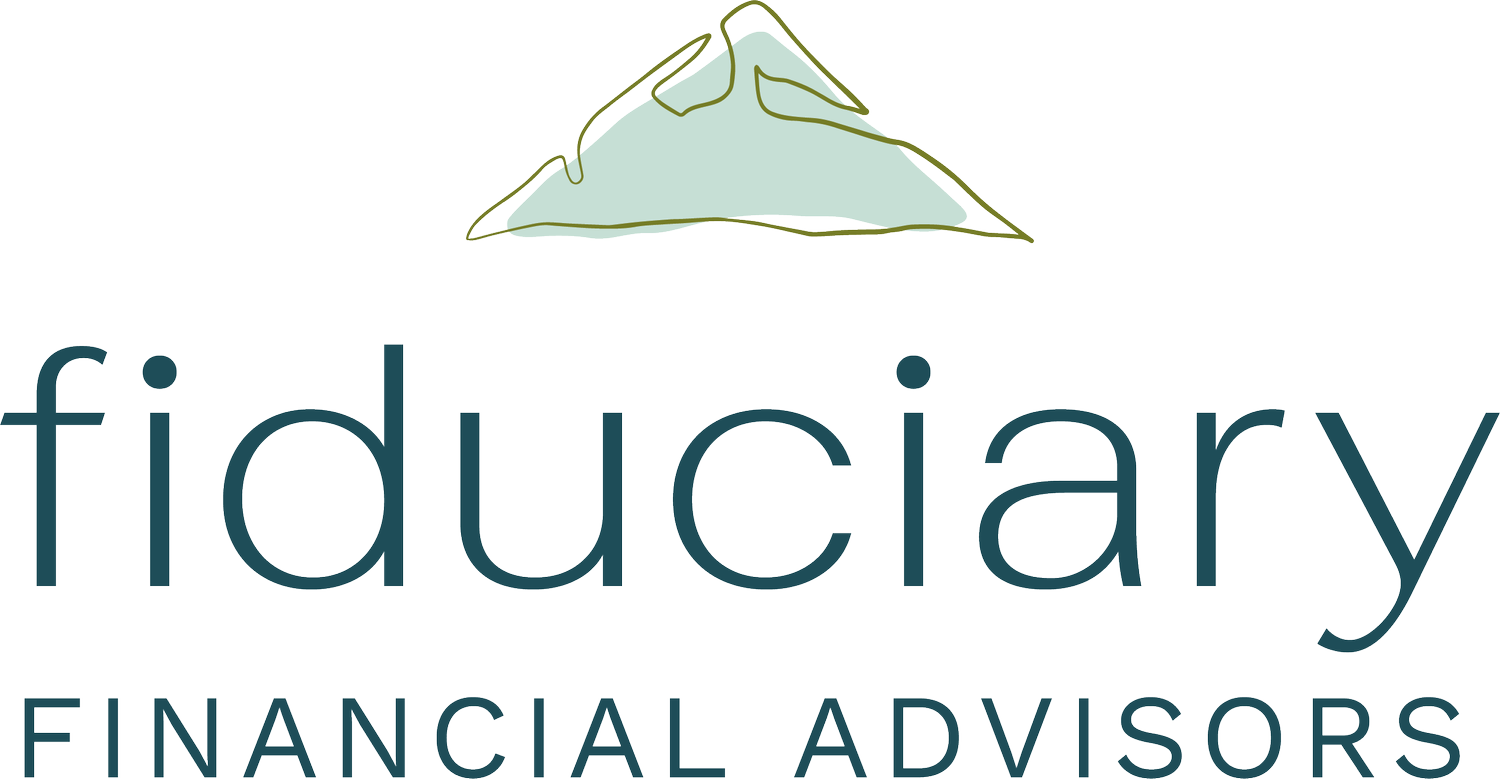8 Key Tax Changes in the OBBBA that Doctors, APPs, & Nurses Should Know
The tax laws that affect your money are constantly changing. The new One Big Beautiful Bill Act (OBBBA), signed into law on July 4, 2025, adds some more complexity. This new legislation extends key elements of the 2017 Tax Cuts and Jobs Act (TCJA) and introduces several new provisions.
For healthcare professionals—such as doctors, advanced practice providers (APPs), and nurses—these changes present both challenges and opportunities for financial planning, particularly concerning retirement, protecting your family's assets, and finding ways to save on taxes.
Caleb Spriensma with Count CPA and I have broken down the top 8 changes you should be aware of and consider.
This post is for general educational purposes only. Everyone's individual situation is different, and the information here is not a substitute for professional advice. You should always consult with a qualified financial advisor and/or a Certified Public Accountant (CPA) if you have any specific questions about your personal financial situation.
1. A Tax Break for Business Owners (QBI Deduction)
If you own your own practice, this could be a big one for you. The Qualified Business Income (QBI) deduction gives you a tax break on 20% of your business profits. This new law makes it a permanent rule…for now. If you are a specified service trade or business (SSTB), be aware that this deduction does have an income phase-out if your taxable income is too high.
The law also restores 100% bonus depreciation. This is a fancy term for a simple idea: if you buy new equipment for your practice, like an X-ray machine or a new computer system, you will potentially now be able to write off the entire cost in the same year you buy it. This creates a large business expense that lowers your taxable income, which could help you qualify for the QBI deduction or get a larger tax break.
2. Higher Cap for State and Local Taxes (SALT)
Are you a high-income professional living in a state with high taxes? If so, this is good news. For a few years, you'll be able to deduct more of your state and local taxes on your federal return. The deduction cap is temporarily rising from $10,000 to $40,000, which could save you a lot of money.
However, be aware that this higher limit starts to go down if you make more than $500,000 in a year. The deduction is reduced by 30% for every dollar you earn over that amount. This can significantly increase your tax rate on income within that range. It's like having a special coupon, but the discount gets smaller the more you earn.
3. Your Federal Income Tax Rates Are Staying Put
For years, many of the current federal income tax rates were set to expire. The OBBBA changes that by making them permanent. This means you can expect the same tax rates (10% to 37%) to stick around, with small adjustments for inflation each year.
This allows for long-term planning. You can now make smarter decisions about things like converting a traditional IRA to a Roth IRA (Roth Conversion Strategy) and filling up low tax brackets during retirement with withdrawals from pre-tax (Traditional) retirement accounts at lower rates than were previously scheduled.
4. More Money You Can Pass on Tax-Free (Estate & Gift Tax)
If you have a high net worth, this will be a benefit for your family's future. The amount of money you can give away or leave behind without paying federal estate or gift taxes is now permanently increased to $15 million per person ($30 million for married couples), adjusted for inflation. This allows you to transfer more wealth to your loved ones tax-free if that is your goal. For context, the annual gift tax exclusion for 2025 is $19,000, which is the amount you can give to any person without it counting toward your lifetime exemption.
5. New Rules for Charitable Giving
The OBBBA makes two important changes for those who donate to charity.
For Non-Itemizers: If you don't itemize your deductions, you can now claim a special "above-the-line" deduction of up to $1,000 (single) or $2,000 (married) specifically for cash donations. This means you get to deduct some charitable contributions even if you take the standard deduction.
For Itemizers: If you do itemize, a new rule takes effect in 2026. You'll have a new "floor" of 0.5% of your income for charitable contributions. This means the first half-percent of your charitable donations won't be tax-deductible. A smart strategy to consider is called "bunching"—where you combine several years of donations into a single year by using a donor-advised fund to maximize your tax deduction.
6. A New Way to Save for Your Children ("Trump Accounts")
The OBBBA introduces a new savings tool called "Trump accounts" to help families save for their children's future. These are a special type of savings account that you can open for a child under 18, and unlike a traditional IRA, they don't require the child to have a job to contribute.
You can contribute up to $5,000 per year, and the money grows tax-free. When the child turns 18, the account turns into a traditional IRA, giving them a head start on retirement savings. This is a new tool, so we are still awaiting guidance on the exact details. There are already 529 accounts, UTMA accounts, and custodial IRA accounts for children, so it will be interesting to see where and if this new account fits in.
7. More Deductions for Seniors
The bill didn’t get rid of taxes on Social Security, but it did create some additional deductions to help retired professionals. The law permanently keeps the standard deduction amounts at a higher level, which is a benefit for everyone.
For senior healthcare professionals (age 65+), the law temporarily adds a special $6,000 deduction for each person, which can help lower your taxable income. This extra deduction starts to go away if your income is over $75,000 (single) or $150,000 (married), so it's a good idea to plan your income if you want to try and receive the full benefit.
8. Expanded Use of 529 Plans
529 plans are a great tool for saving for college, but the OBBBA makes them even more useful. Now, you can use the tax-free money from a 529 plan for more things.
The law expands the eligible expenses to include:
K-12 Expenses: Up to $20,000 per year for things like private school tuition, tutoring, and educational therapy.
Professional Credentials: Funds can now be used for professional development, including tuition and fees for industry certifications and licenses, like a CFP certification.
This makes 529 plans a powerful tool for both your family's educational needs and your own professional growth.
Final Thoughts
The "One Big Beautiful Bill Act" presents a complex web of changes that can significantly impact your financial well-being. Understanding these provisions is a crucial first step for physicians, advanced practice providers, and nurses who want to implement a sound financial plan.
Each provision offers unique considerations that could either boost your financial plan or create unexpected challenges. So, don't just read this list and forget it. Do your own research or schedule a meeting with a financial advisor/tax professional. Use this article as a guide to start the conversation. Ask them how these specific impacts integrate with your current income, career stage, and long-term goals. Your financial health is just as important as your physical health, and proactive planning is key to maximizing both.
References:
Fiduciary Financial Advisors, LLC is a registered investment adviser and does not give legal or tax advice. Information presented is for educational purposes only and does not intend to make an offer or solicitation for the sale or purchase of any securities. The information contained herein has been obtained from a third-party source which is believed to be reliable but is subject to correction for error. Investments involve risk and are not guaranteed. Past performance is not a guarantee or representation of future results.













